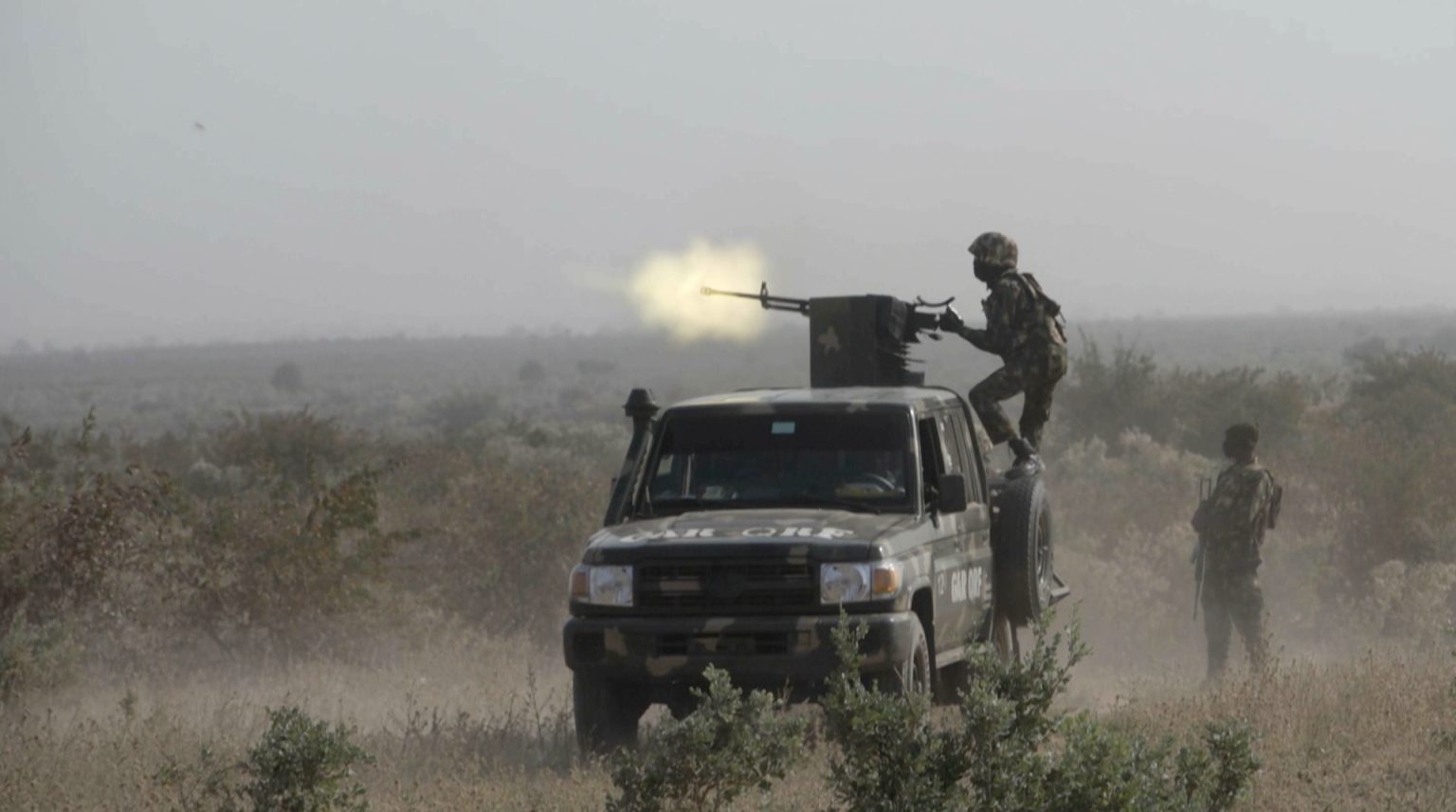NewsFeedNigeria reported on January 6, 2025, that the Nigerian military initiated a large-scale offensive against a newly emerged rebel faction purportedly linked to the Islamic State of Iraq and the Levant (ISIL). This development marks a significant escalation in the ongoing conflict within the country, further complicating an already volatile security landscape. The emergence of this new group, whose specific name, origins, and operational capabilities remain largely undisclosed, raises concerns about a potential surge in extremist activities and a widening of the conflict’s geographical scope. The military offensive underscores the government’s commitment to combating terrorism and restoring stability within its borders but also signals a potentially protracted and challenging struggle against an evolving threat.
The unfolding situation in Nigeria demands a comprehensive understanding of the multifaceted factors contributing to the rise of extremist groups. Nigeria faces a complex interplay of socio-economic challenges, including widespread poverty, unemployment, and inequality, which create fertile ground for recruitment by extremist organizations. Moreover, decades of political instability, corruption, and human rights abuses have eroded public trust in the government and security forces, further exacerbating the security vacuum that allows such groups to thrive. Historical grievances and ethnic tensions also contribute to the volatile mix, providing a backdrop for the manipulation and exploitation of existing societal fractures by extremist ideologies. The emergence of this new ISIL-affiliated group necessitates a deeper examination of their motivations, operational tactics, and support networks to effectively counter their influence and mitigate the potential for further destabilization.
The Nigerian military’s offensive against the burgeoning rebel group presents a critical juncture in the nation’s fight against terrorism. The success of this operation hinges on several factors, including accurate intelligence gathering, effective coordination among security agencies, and the deployment of adequate resources and personnel. Equally important is the need for a comprehensive strategy that goes beyond military action to address the root causes of extremism. Winning hearts and minds through community engagement, promoting inclusive governance, and addressing socio-economic grievances are crucial components of a sustainable counter-terrorism strategy. The military operation itself must be conducted with strict adherence to international humanitarian law to minimize civilian casualties and avoid further alienating the population, which could inadvertently bolster support for extremist groups.
The international community also has a crucial role to play in supporting Nigeria’s counter-terrorism efforts. Providing technical assistance, sharing intelligence, and coordinating regional security initiatives are vital to stemming the tide of extremism. Targeted sanctions against individuals and entities involved in financing and supporting terrorist groups can also exert significant pressure and disrupt their operations. Furthermore, international support for humanitarian aid and development programs can address the underlying socio-economic factors that contribute to instability and create an environment conducive to the spread of extremist ideologies. However, such support must be carefully calibrated to ensure that it reaches the intended beneficiaries and does not inadvertently exacerbate existing tensions or inequalities.
The emergence of this new ISIL-affiliated group in Nigeria has far-reaching regional implications. The potential for cross-border spillover of extremist activities poses a significant threat to neighboring countries already grappling with their own security challenges. Increased collaboration among regional states in sharing intelligence, coordinating border security, and conducting joint operations is paramount to containing the spread of extremism and preventing the establishment of safe havens for terrorist groups. A regional approach that addresses the underlying drivers of instability, promotes economic development, and strengthens regional security architectures is essential for long-term stability and resilience. This collaborative approach must be underpinned by respect for human rights and the rule of law to ensure the legitimacy and effectiveness of counter-terrorism efforts.
The Nigerian government faces a daunting task in combating this new threat while simultaneously addressing the complex web of socio-economic and political challenges that fuel instability. The military offensive, while necessary, must be part of a broader, multi-pronged strategy that prioritizes good governance, inclusive development, and respect for human rights. Winning the hearts and minds of the population, especially in marginalized communities, is crucial to undermining the appeal of extremist ideologies and preventing the further spread of violence. The international community must stand in solidarity with Nigeria, providing the necessary support to help the country navigate this challenging period and build a more secure and prosperous future for all its citizens. The success of these efforts will not only determine the trajectory of Nigeria’s future but will also have significant implications for regional stability and the global fight against terrorism.

